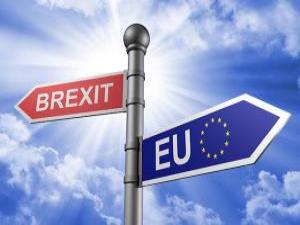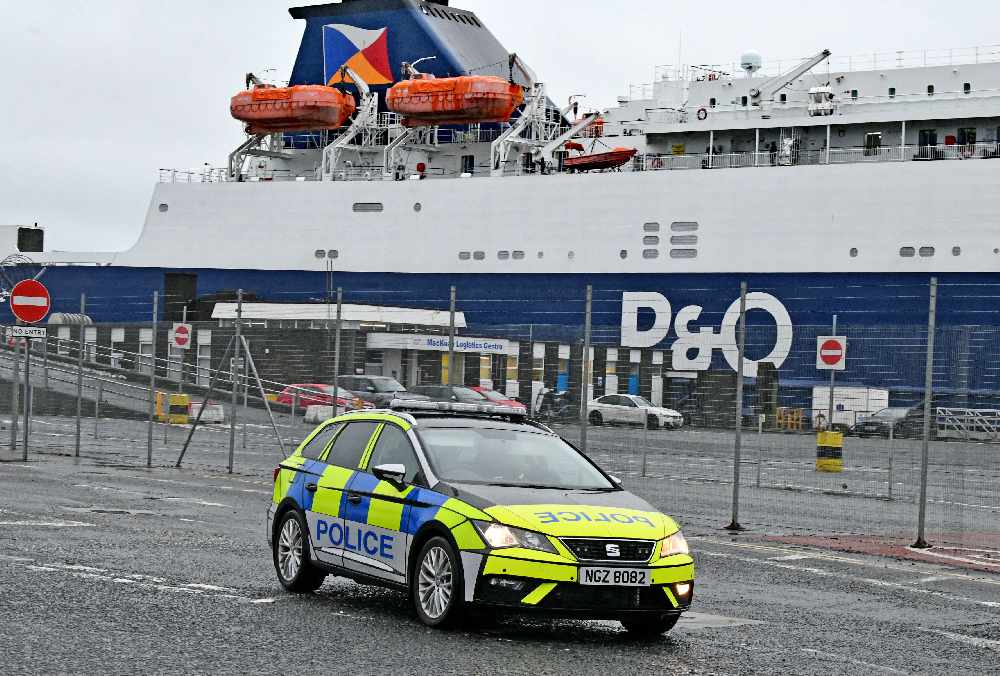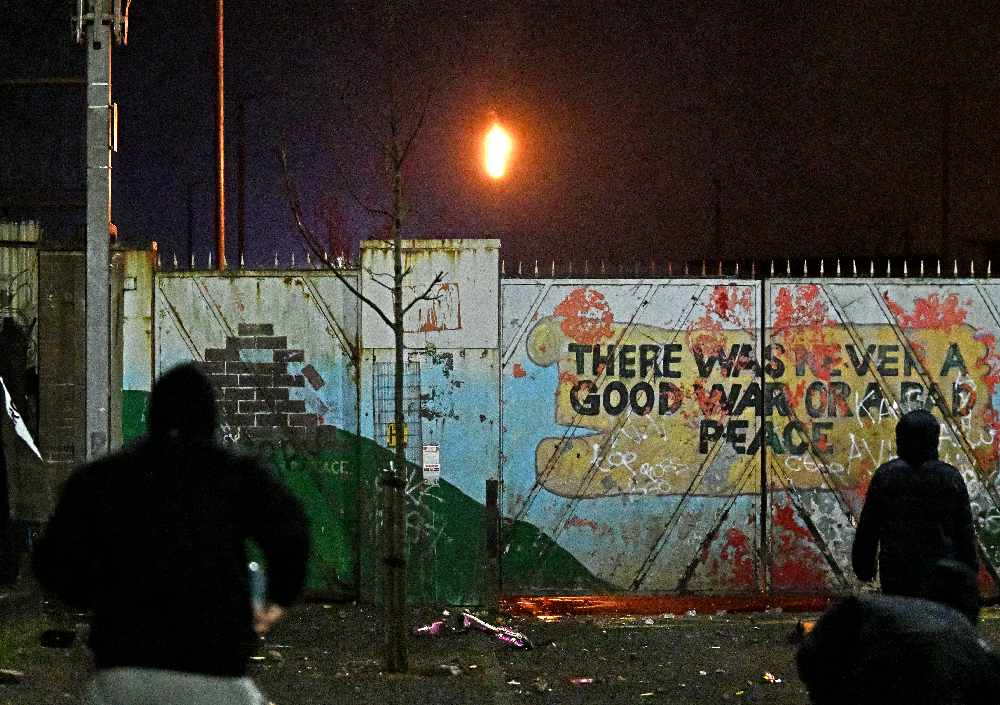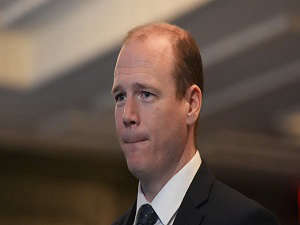
By Q Radio News
Brexit minister Lord Frost and European Commission vice-president Maros Sefcovic will meet on Thursday as efforts continue to resolve issues around Northern Ireland’s trading arrangements.
Lord Frost will travel to Brussels after talks between the two sides have so far failed to resolve significant differences over the implementation of the Northern Ireland Protocol, the special arrangements designed to prevent a hard border with Ireland.
The meeting was confirmed by the European Commission, which said the pair will “take stock of ongoing technical work” on the Northern Ireland Protocol.

The minister and Mr Sefcovic will also “provide a political steer for both teams on outstanding issues”, commission spokesman Daniel Ferrie said.
Loyalists and unionists are vehemently opposed to the Northern Ireland Protocol, which has created new economic barriers between the region and the rest of the UK.
The arrangements, agreed by the UK and European Union as a way to keep the land border on the island of Ireland free-flowing, have been cited as one of the key causal factors behind the violence.

On Tuesday, Downing Street said talks with the EU had been constructive “but there are still significant differences that need to be resolved”.
The European Parliament’s foreign affairs and trade committees will vote on the Brexit deal this week, but no date has yet been set for a full plenary vote to ratify the agreement.
The Trade and Cooperation Agreement, reached by Boris Johnson with Brussels on Christmas Eve, has been in place provisionally since the start of the year.
The UK agreed to extend the provisional application until the end of April, but a date has still not been set for MEPs to approve it as they remain concerned about the implementation of the earlier Withdrawal Agreement – the Brexit divorce deal which includes the Northern Ireland Protocol.
🇪🇺🇬🇧 @MarosSefcovic will have an informal meeting with @DavidGHFrost in Brussels on Thursday to take stock of ongoing technical work on the Protocol on Ireland / Northern Ireland and to provide a political steer for both teams on outstanding issues.
— Daniel Ferrie 🇪🇺 (@DanielFerrie) April 14, 2021
Under the deal, Northern Ireland remained part of the EU’s single market for goods, meaning products arriving from Great Britain face EU import regulations.
The UK unilaterally extended grace periods covering areas of the economy supermarket supplies and parcel deliveries to Northern Ireland from Great Britain, meaning post-Brexit checks are not yet fully applied.
The first of the grace periods had been due to expire at the end of March, but the UK extended them until October in a move which has triggered a legal row with the EU.


 Kneecap announce new song ahead of headline performance at London’s Wide Awake
Kneecap announce new song ahead of headline performance at London’s Wide Awake
 Gordon Lyons to attend first GAA match as Stormont Communities Minister
Gordon Lyons to attend first GAA match as Stormont Communities Minister
 Fresh appeal over 1973 murder of 18-year-old whose body was found in quarry
Fresh appeal over 1973 murder of 18-year-old whose body was found in quarry
 Kneecap say terror charge is ‘carnival of distraction’ and ‘political policing’
Kneecap say terror charge is ‘carnival of distraction’ and ‘political policing’
 Woman assaulted while jogging in West Belfast
Woman assaulted while jogging in West Belfast